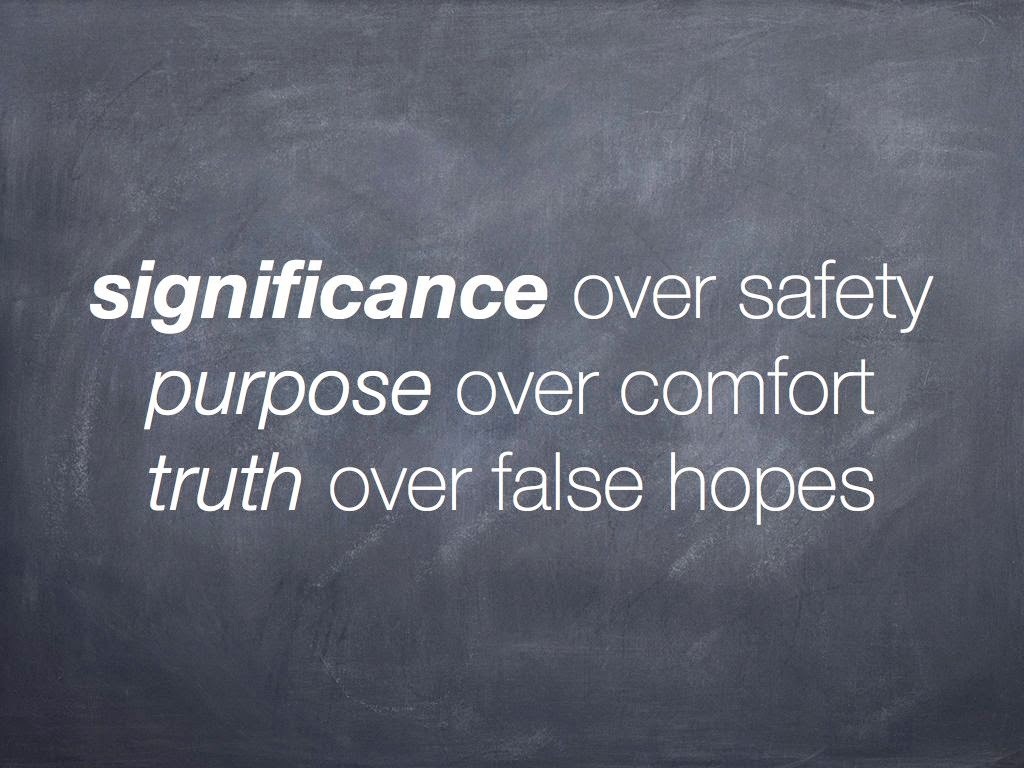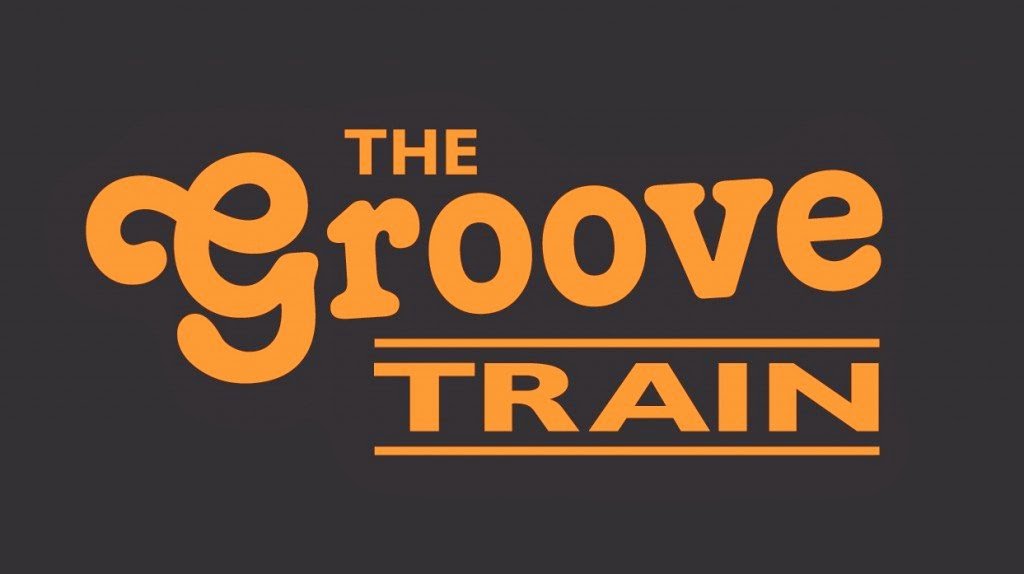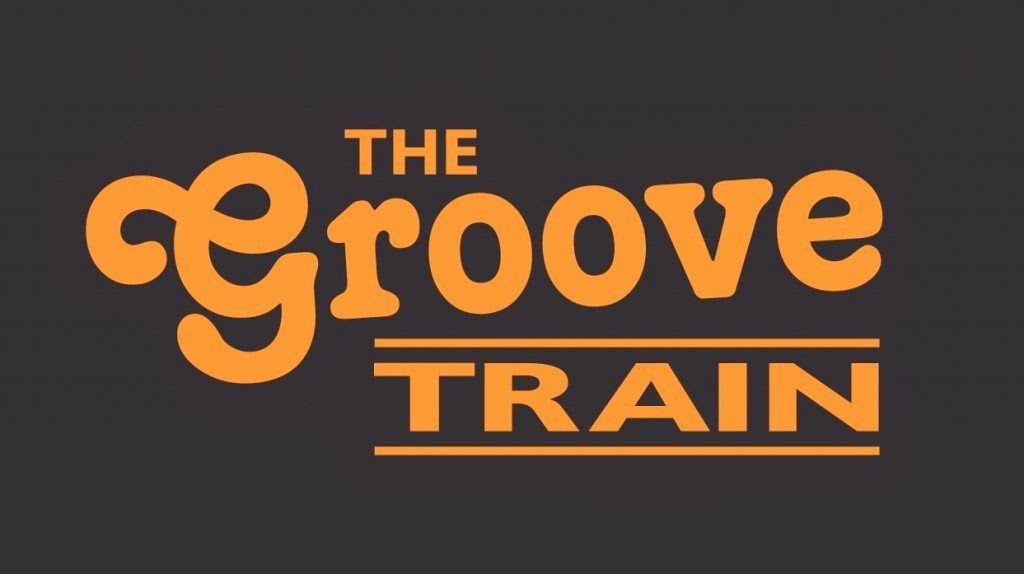
by Jonathan Manafo | Jul 16, 2014 | Sunday Conversations
What are you so passionate about that nothing will keep you from it? No fear, no hesitation, no obstacle, no risk of trouble? Do you have something to share? An injustice to communicate? A truth to tell? A mission to accomplish?
We know that people get in trouble for lots of reasons. What I find intriguing and inspiring, is those who get themselves into trouble for doing good. There are worthwhile reasons to risk your life or risk your status, aren’t there? We look back on people in history who were courageous enough to do good, knowing that there were risks associated with their actions.
Conviction is a word we can associate with this kind of action. We hope to live out our convictions in such a way that we won’t regret what we missed out on later on.
In Acts 19: 23-40, we begin to see some ripple effects from Paul’s courageous talk on Marz Hill (Acts 17). He and other Christians were about to see some trouble come from the sharing of the good news about Jesus being the one true God. Demetrius, a silversmith in Ephesus is beginning to see a decline in his profits. He and the other silversmiths in Ephesus are losing money on the sale of god dolls. They’re selling (silver) bobble head dolls that represent Artemis, the goddess who brings wealth and prosperity. Artemis’ story tells us that she came from heaven in the form of a meteorite. A huge temple (400ft x 200ft) was built for her for people to worship at. This temple also became a regional bank. Outside the temple is where businesses would set up shop and sell their shrines.
As Christians (people of the Way) were spreading the word that their was only one (true) God (in Jesus), the sales of shrines and souvenirs (of the ‘other’ gods) began to decline. Demetrius was so upset that it caused a riot. The riot wasn’t Paul’s fault, however, the problem did lie in the swaying of people’s opinions on their pagan gods. As this riot took place, Paul was advised to stay away for safety reasons, but the riot still happened.
Money was the main reason behind this riot – not pagan worship. Demetrius puts together a nice speech, but in the end it was his pocket book that drove the agenda. Money makes people do dumb things.
Now, back to out opening question – the one about conviction and passion. Paul and these early followers of Jesus were convicted of this single truth – Jesus is God and his good news was the best (truest) story of all stories. There was one God, and all other ‘g’ods paled in comparison. Because of this conviction, early Christians were committed to living lives of SIGNIFICANCE over lives of SAFETY. They would rather do good and get in trouble than do nothing and live without risks. Don’t hear this the wrong way, they didn’t ‘look’ for trouble, they didn’t hope for trouble, they were actually people of peace. However, they would risk their lives for the truth they stood on (example: Stephen, Acts 7), even if it meant trouble would come their way. You see, Jesus experienced troubled, and he said that those of us who followed him would also experience the same kinds of trouble. That’s why we know this: Jesus never called us to safety, but he does call us to live lives that make a significant difference in the world. We’ve been fooled to think that the centre of God’s will is the safest place on earth, when really, it’s quiet risky. Instead, God’s will is (for sure) a place of significance, truth, purpose and hope.

When Lucy, in the CS Lewis classic, The Lion, the Witch and the Wardrobe, asks if Aslan the Lion is safe, the response is quite profound. “Safe? who said he was safe? No, he is not safe, but he is good.”
I want to choose significance over safety, purpose over comfort, and truth over false hope. How about you?

by Jonathan Manafo | Jul 9, 2014 | Sunday Conversations
You know when you feel something and you can’t quite put your finger on it? You meet someone and they just have ‘it’. You listen to a band and you know that they got ‘it’. You don’t exactly what ‘it’ is, but you do know that they have ‘it’. I’ve been listening to Snarky Puppy for a while now. The bass player has intrigued me for years. He’s the leader of this (big) band and the soul/groove architect as well. When you watch him and the others play, you just know that they got ‘it’. You can’t put your finger on it, but you know it’s there. You get lost in the music, lost in the groove, lost in the energy of it all.
As we keep journeying through this book of Acts, we can’t help to notice that there is a groove through it all. We know that the characters are pointing to Jesus and sharing the story of Jesus, but we can also see that the underlying force, the tour guide, the director of this story is none other than the Holy Spirit.
In Acts 19, Paul meets, who the writer calls, disciples. The only problem, in Paul’s eyes, is that these disciples have yet to experience two very important aspects of this new Christian faith: Baptism in Water & Spirit. These ‘disciples’, in similar fashion to Apollos in the previous chapter, only knew John’s baptism. The problem is that John’s baptism was only meant to point people to Jesus. It was never a destination, but a turning point. It’s as if they stopped for directions at a gas station, were told where to go, but decided to stick around there for a while instead. That doesn’t seem right. Your car is full, you’re packed for the trip, you now know where to go, but you get stuck where you are. (insert U2’s ‘stuck in a moment and I can’t get out of it’).
 God always has more for us. That’s not to say that we have to be perfect or we are less than others because they’ve experienced more. Instead, what we’ve seen in this book of Acts, is that God is moving us forward. He doesn’t want to keep us where we are, he wants to bring us closer to where he is. Baptism in water & baptism in the Holy Spirit are two essential steps along the way. The problem with religion is that people make you feel like those things are mountain tops; that they’re points of arrival or positions of status. They are launching pads to what God really wants from us – to work along side him to make this world better – As he redeems us, he uses us to redeem the world. Baptism in Water is the moment we go public with our faith and the moment we identify with the death & resurrection of Jesus. Baptism in the Holy Spirit is the promise of Jesus. He said he will leave his presence with us and give us the power to expand the Kingdom of God. I like saying it like this, ‘At Pentecost, God gave us the goods to do good work.’
God always has more for us. That’s not to say that we have to be perfect or we are less than others because they’ve experienced more. Instead, what we’ve seen in this book of Acts, is that God is moving us forward. He doesn’t want to keep us where we are, he wants to bring us closer to where he is. Baptism in water & baptism in the Holy Spirit are two essential steps along the way. The problem with religion is that people make you feel like those things are mountain tops; that they’re points of arrival or positions of status. They are launching pads to what God really wants from us – to work along side him to make this world better – As he redeems us, he uses us to redeem the world. Baptism in Water is the moment we go public with our faith and the moment we identify with the death & resurrection of Jesus. Baptism in the Holy Spirit is the promise of Jesus. He said he will leave his presence with us and give us the power to expand the Kingdom of God. I like saying it like this, ‘At Pentecost, God gave us the goods to do good work.’
In the following verses of chapter 19 we see this power at work: both in the miraculous things surrounding Paul (which are quite extraordinary) and the failure of some Jewish magicians to manipulate evil spirits. The reason Jesus sent his Holy Spirit was to empower his church. On full display for all to see, the power of the Holy Spirit wins hands down in this mini-battle. The evil spirits go as far to say, ‘Paul we know, Jesus we know, but who are you?’ Once others got wind of this they brought their spell books to be burned and abolished. They traded up. They realized that the power of Jesus, the Holy Spirit, through Paul, was the real deal. They had been sold the fake stuff and don’t want any more of that junk.
Back to the groove of the Holy Spirit. When we see him in action, we realize that he’s the real deal. He really is the presence of Jesus in the world and in us. People can’t necessarily pin point it, identify it, describe it, but just like being enveloped in a Snarky Puppy tune, you know they have ‘it’.
Here’s the question, will we get stuck at the gas station, with the right directions and our destination in sight, or will we embrace God’s gift and keep moving forward? Jesus promised power, not for power’s sake, but to do something with it. Sometimes it’s too show up the fake power that’s going around and sometimes it’s to help you/us do good. Either way, I want it. I hope you do to.

by Jonathan Manafo | Jul 3, 2014 | Sunday Conversations
I just love the word ‘becoming’. It says so much about where I am as a person, as a husband, as father, and as a Christian. I can’t take the credit for this word. My friend introduced it to me a few years ago in the context faith and referencing ones spiritual journey. Since then it has made me at ease with where I am at things, while still being very challenged to grow as one who follows Jesus.

Acts 18 introduces us to an individual who, by all accounts
is very accomplished. Apollos comes on the scene mid way through this chapter.
He is first seen in Ephesus. Luke tells us that he’s educated, eloquent, and
knows the way of God & Jesus. Yet while debating (talking/teaching) in his
first appearance in Acts, Aquilla & Pricsilla feel the need to take him aside
and make things even more clearly to him. What is worth noting is that Apollos
doesn’t object. Luke doesn’t say that he was offended or that he didn’t feel
the need to be taught. We do read on to see that after this, he goes on to lead
other to Jesus.
Here’s what we learn about ‘becoming’ followers of Jesus
from this text:
1) Becoming is an ongoing journey.
None of us have arrived. All of us are hopefully a little
further ahead than when we started, but not yet where we want to be. Becoming a
Christian is an ongoing journey: one we will be on our whole lives. Some may
see this as depressing, because they never feel the sense of accomplishment.
Others hopefully will see it as very appealing and refreshing.
No one likes a know it all: you know the guy at work that
can never learn anything knew because he knows everything. Christians can’t be
those kinds of people. Instead, we have be the most teachable people around.
Apollos knew lots, he was eloquent, and had lots to offer, but he still had
more to learn. And it’s worth noting who taught him: two business people. The
gospel is about a kingdom that doesn’t do things the way we think it should.
Business Entrepreneurs teaching spiritual teachers more about God doesn’t make
sense. Unless of course, you’re in God’s economy, where experience and
relationship go a long way.
2) Becoming is about green lights to move forward and make a
difference.
In our society we feel the need to get permission or a piece
of paper to contribute to society. We look for degrees and certificates. We can’t
wait for those kinds of things to make a difference in our world. In God’s
grace, as soon as we start walking, we can start serving. Now don’t hear this
the wrong way. Degrees are good. Education is important. Learning (as we just
mentioned) is essential. But we need to couple our learning with our action. We
must put our education to quick use and get onto the field. There’s work to be
done, lives to be changed, neighbours to love, cities to invest in. Get your
education, get your degrees, get your certification, but by all means don’t
wait for graduation day to get on with it – start working, start serving, start
creating today. God will help you, and will use you to do some real significant
things that make our world better.
So, you become a Christian? Me too. Let’s become one
together!






